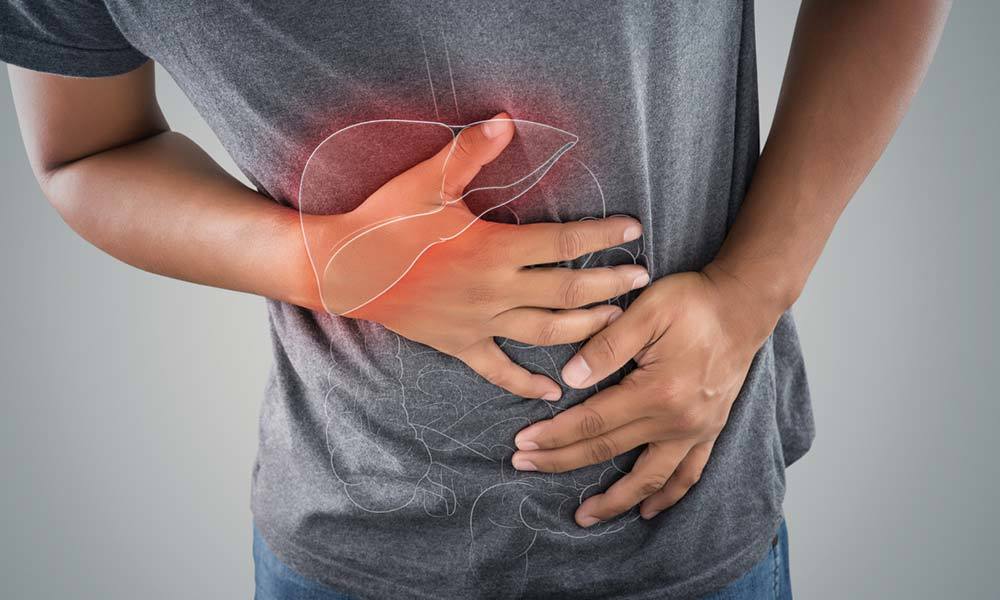Everything You Need to Know About Cirrhosis of the Liver

Cirrhosis is a leading cause of liver disease in adults today. If it goes untreated, late-stage cirrhosis could result in liver failure, raise your susceptibility to liver cancer, and potentially death if you do not obtain a transplant. Robert Narvaez, MD, MBA, a gastroenterologist at Digestive & Liver Disease Center of San Antonio PLLC, is a cirrhosis expert who could detect your illness early and help you avoid its development. Call the office or use the online scheduling tool to arrange an initial consultation with a San Antonio cirrhosis specialist today to learn how you could benefit from their care.
What Exactly Is Cirrhosis?
Cirrhosis is a condition in which the liver scars as a result of extensive tissue injury. Scar tissue replaces healthy liver tissue, obstructing blood flow in your liver to some extent. As cirrhosis advances, this leads to decreased liver function and, finally, liver failure.
Your liver is your digestive system’s powerhouse. It purifies your blood, filters pollutants, generates necessary digestive juices, and aids in blood sugar regulation. Cirrhosis can have serious health repercussions because you cannot perform these functions successfully without a healthy liver.
What Are The Common Reasons For Cirrhosis?
Cirrhosis of the liver is primarily caused by underlying health issues. These include:
· Hepatitis B
· Hepatitis C
· Nonalcoholic fatty liver disease (NAFLD)
· Alcohol-associated liver disease
Other potential causes include viruses, drug-related damage, and toxin exposure. If you have certain risk factors, cirrhosis is more prone to developing.
What Are The Risk Factors For Cirrhosis Of The Liver?
Males, those over 50 years, those who have abused alcohol for a prolonged time, and those with Type 2 diabetes are all risk factors for liver cirrhosis. Additional risk factors for liver cirrhosis include:
· Gastrointestinal disorder that is passed down the generations
· Cystic fibrosis
· Methotrexate-containing medication
· Excessive iron accumulation in the body
Dr. Narvaez can evaluate you and run diagnostic tests to see how severe your cirrhosis is.
What Are The Signs And Symptoms Of Liver Cirrhosis?
Cirrhosis symptoms are often not noticeable till the liver has already been severely damaged. You might encounter the following symptoms as the damage worsens:
· Itchiness
· Nausea
· Chronic fatigue
· Discomfort or pain in the abdomen
· Easy bleeding
· Easy bruising
· Appetite Lessness
· Ascites (abdominal fluid retention)
· Edema (fluid retention) in your legs
· Bleeding in the digestive tract
· Confusion
· New blood vessels with a web-like appearance
· Jaundice (yellow hue to skin and eyes)
· Red hands
Women might lose their menstruation due to cirrhosis, which is unconnected to menopause. On the other hand, men may have gynecomastia (breast tissue development) or testicular atrophy due to the disease.
What Is The Best Way To Treat Liver Cirrhosis?
Advanced cirrhosis has no cure, except for a liver transplant if your liver fails altogether. Cirrhosis can, nevertheless, be prevented from worsening. Dr. Narvaez may suggest particular dietary changes, exercise programs, and stop-drinking measures to help you maintain your health.
If you fear you have cirrhosis or need to arrange a screening, do not hesitate to reach out to the Digestive & Liver Disease Center of San Antonio PLLC. Call or book an appointment online to get started.








